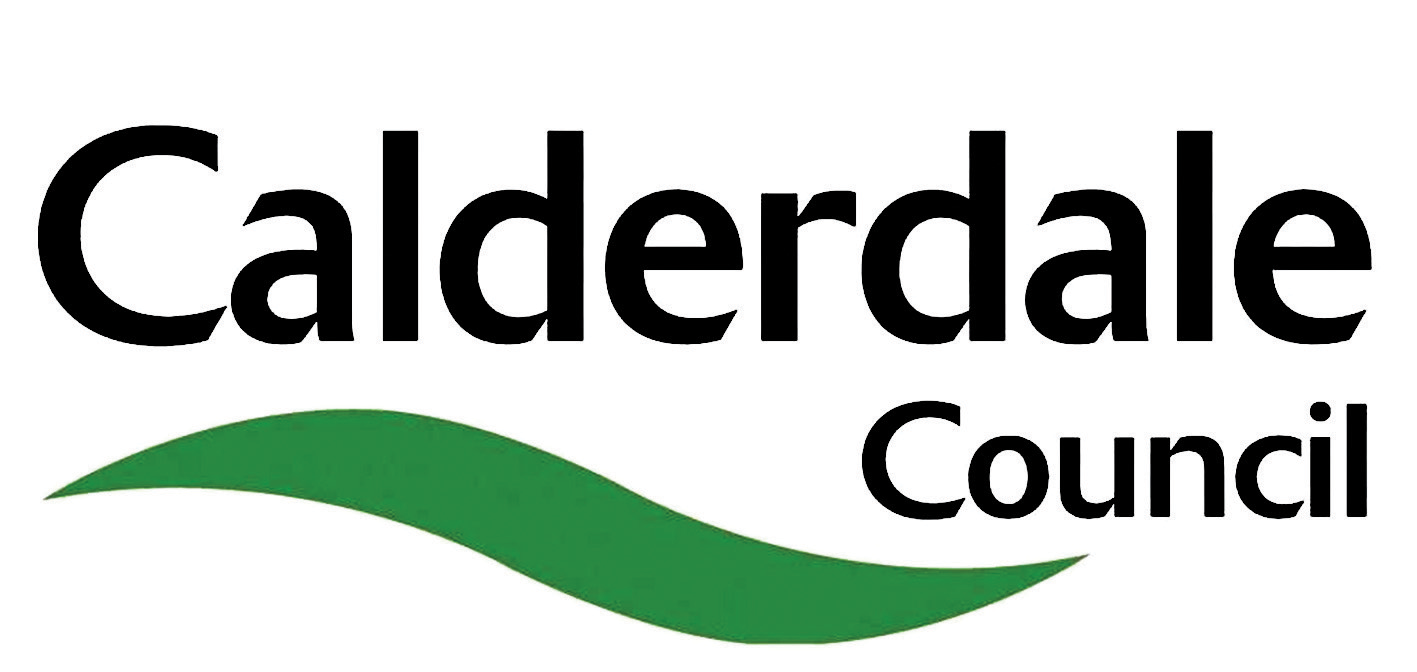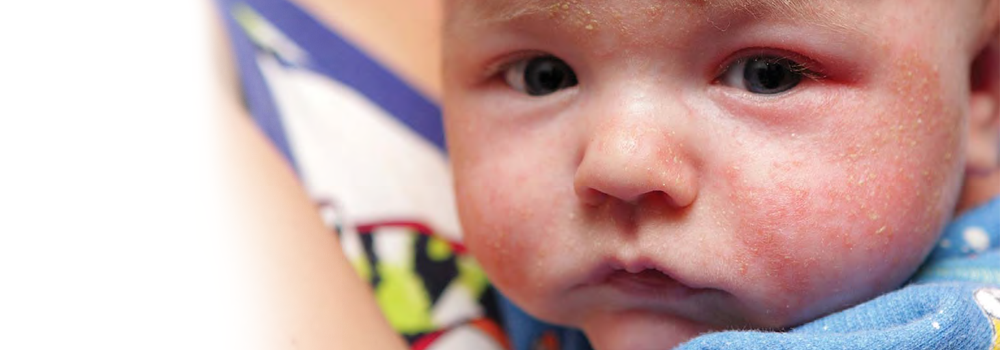Babies often get red, scaly skin known as eczema - one in eight might get it where there's a family history of allergic conditions like eczema, asthma or hay fever.
Babies often start to get eczema from two months. The symptoms are patches of red, dry and itchy skin on the face or behind the ears, and in the creases of the neck, knees and elbows. Your baby may scratch the itchy patches and the eczema can get infected as a result.
Most babies eventually grow out of eczema, but if you think your child has eczema, speak to your GP or health visitor. Do not cut out important foods such as milk, dairy products, wheat or eggs without discussing this with a health professional first. Your GP can tell you whether you or your child has eczema and start a treatment programme.
Eczema can affect your child’s quality of life and may also affect sleep patterns which can make children irritable and frustrated. There are effective skin treatments to control and manage the symptoms. It can take some trial and error to find the most suitable treatment for your child.
Some people have triggers for their eczema such as allergies to house dust mites, pets, or certain foods. Seasons of the year (for example, in winter), or even emotional responses (such as stress), may cause eczema to worsen. However, a large number of eczema sufferers are not able to link a cause to their symptoms. It is essential that any known triggers are avoided.


